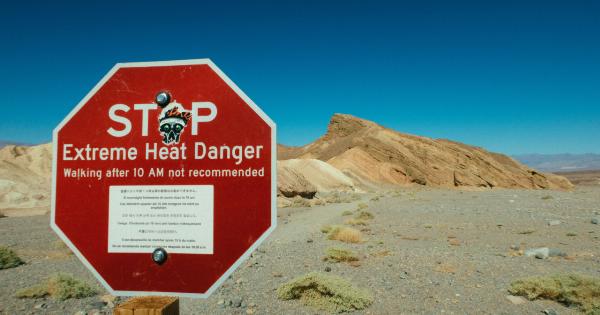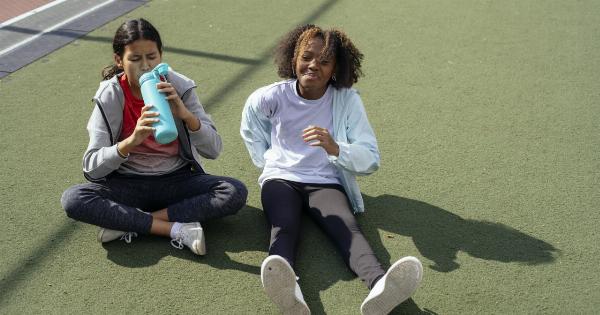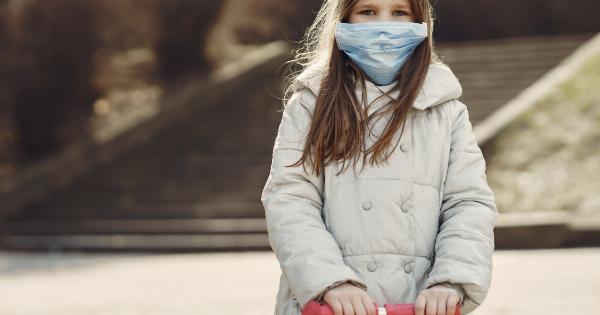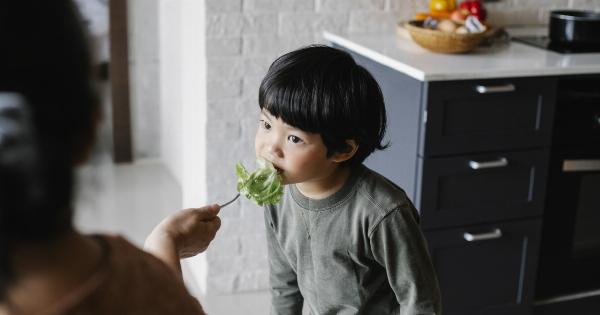As parents, it’s important to pay attention to our children’s fluid intake, especially during hot weather or when they are physically active. Dehydration can happen quickly if kids don’t drink enough fluids or lose too much.
Here are some warning signs of dehydration to watch out for:.
1. Dry mouth and lips
A dry or sticky mouth and lips can be an early sign of dehydration. Encourage your child to drink water or a sports drink with electrolytes to help rehydrate.
2. Dark yellow urine
Dark yellow urine is a sign that your child is not drinking enough fluids. Remind your child to drink water regularly, especially if they are outside or playing sports.
3. Fatigue or lethargy
Dehydration can cause fatigue and lethargy in children. If your child seems more tired than usual, offer them a drink and encourage them to take a break.
4. Irritability or crankiness
Dehydration can also affect your child’s mood and behavior. If your child is irritable or cranky, check to see if they have been drinking enough fluids.
5. Dizziness or headache
Dehydration can cause dizziness or headaches in children. Encourage your child to drink water or a sports drink with electrolytes to help rehydrate and avoid further dehydration.
6. Dry or cool skin
A lack of fluids can cause your child’s skin to appear dry or cool to the touch. Offer your child a drink and keep them in a cool, shaded area.
7. Sunken eyes
If your child’s eyes appear sunken or dry, it may be a sign of dehydration. Encourage your child to drink fluids and seek medical attention if symptoms persist.
8. Rapid heartbeat or breathing
Dehydration can cause an elevated heart rate or breathing rate in children. If your child is experiencing these symptoms, seek medical attention immediately.
9. Reduced urine output
If your child isn’t urinating as frequently as usual, it may be a sign of dehydration. Offer them fluids regularly and monitor their urine output.
10. Fainting or seizures
In severe cases, dehydration can lead to fainting or seizures. Seek medical attention immediately if your child experiences these symptoms.
It’s important to prevent dehydration by encouraging your child to drink fluids regularly, especially during hot weather or physical activity. Offer water and sports drinks with electrolytes, and avoid sugary drinks and caffeine.
Encourage your child to take regular breaks and seek medical attention if dehydration symptoms persist.





























